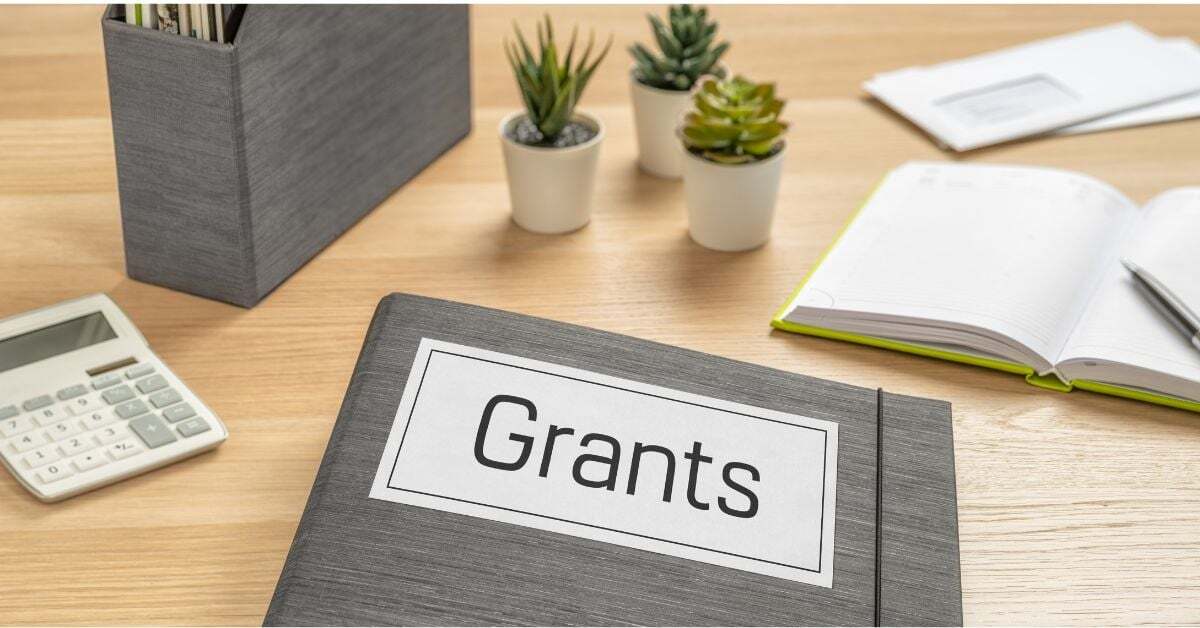5 Game-Changing Tips for Getting Mental Health Grants

For many organizations, applying for mental health grants is a Catch-22: grants may be essential to receive the funding needed to carry out the company’s mission, but finding and applying for grants is time-consuming and requires resources, especially for mental health nonprofits. We understand this is a challenge many of our customers face and have put together the following guide to do some of the legwork for you. Additionally, to save you some time researching, at the bottom of this post you will find a free downloadable with the names and links to organizations that provide grants.
How to Get Grants for Mental Health Nonprofits
1. Create a master messaging document. If you are applying for dozens of grants, you can bet that there will be duplicate questions. Rather than wasting time writing answers for each individual question and form, save blurbs you have used so you can reuse them in the future. You might be able to copy and paste a paragraph straight into the next five applications, and even if you need to tweak your blurbs a bit in between applications, it will save you time in the long run. The less time you spend on your applications, the more applications you can fill out… which means more funding.
2. Align your missions. When awarding grants for mental health nonprofits, a company’s mission is taken into account. The mission must, in some way, align with or contribute to the grant-giving organization’s mission. We recommend that you create a shorter list of organizations with the same or similar missions as yours and prioritize applying for those grants over others. Looking for a community mental health services block grant? Seek organizations that specialize in the field.
3. Stress your impact. Grant givers are looking for the organization that will make the largest impact with their money. In your application, be sure to stress what you have already accomplished and why you feel you will be able to contribute to the company’s mission and goals. By providing data and details to prove your success in your endeavors, you are setting your organization up for success. Read on to learn more about how you can pull data to help you receive more mental health grants.
4. Leverage your relationships. Know someone at the grant-giving organization? Now is the time to reconnect. LinkedIn makes this easy: look up the organization’s profile, and it will show you any connections of yours that work there. Or, if you don’t know anyone, find a foundation staff member or program officer and introduce yourself. Your network is your net worth!
5. Don’t overlook the little guys. A shiny $500,000 grant is sure to catch the attention of many, but that’s the problem. Generally, crowds flock toward the big grants while fewer people apply for those with smaller amounts, but the smaller and medium-sized grants add up. Would you rather be in a pool of 500 people or 5,000+ people? Apply for the lower grants.
Exym is always looking to make your life a little easier. Our EHR data analytics tool allows you to create your own dashboards and easily run reports to quickly make data-driven program improvements. There are many competitors out there for grants for mental health nonprofits, and having solid data supporting your efforts and mission will greatly help you obtain more funding.
Once you obtain grant funding, a mental health billing software, like Exym, is essential to managing your agency's finances. Take a look at our Finance page to see how we can help you simplify billing and coding, audits, and reimbursements.
Enter your email below to receive a list of mental and behavioral health grants for your organization.
Good luck!
About Exym
Exym is a comprehensive EHR software solution designed specifically for behavioral health agencies. Trusted for 20+ years, our intuitive and customizable software empowers providers to improve client outcomes, manage revenue cycles, and increase agency efficiency. Exym allows you to spend more time on what matters most- the clients in your care.

